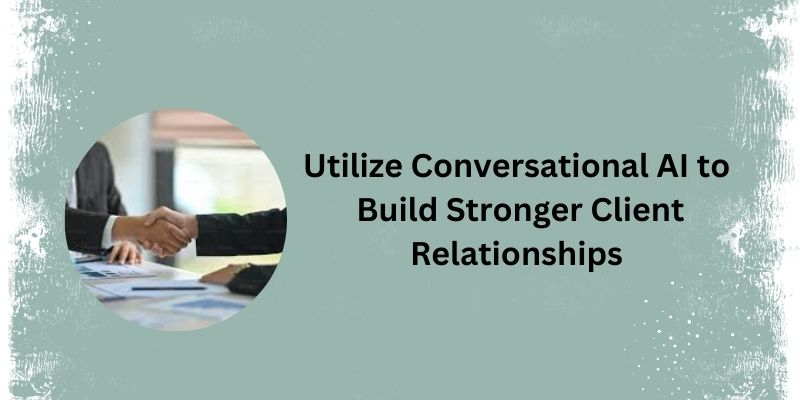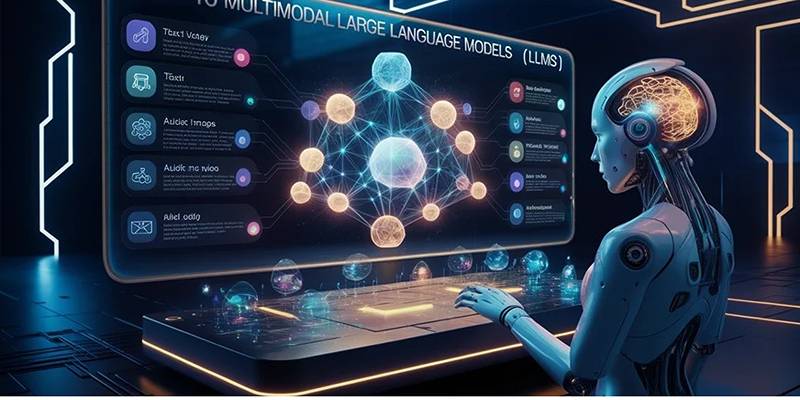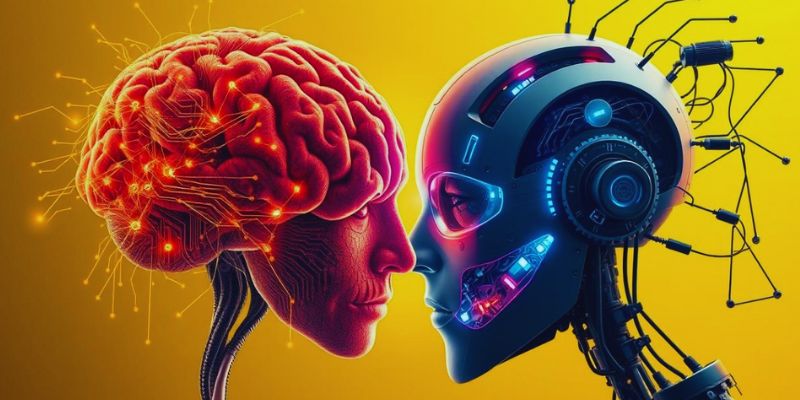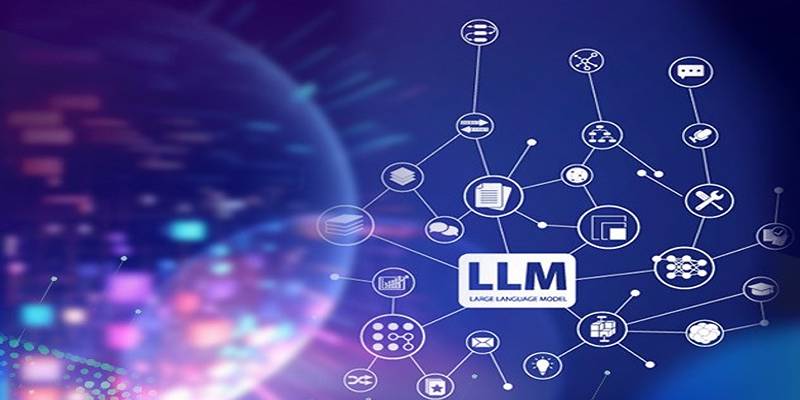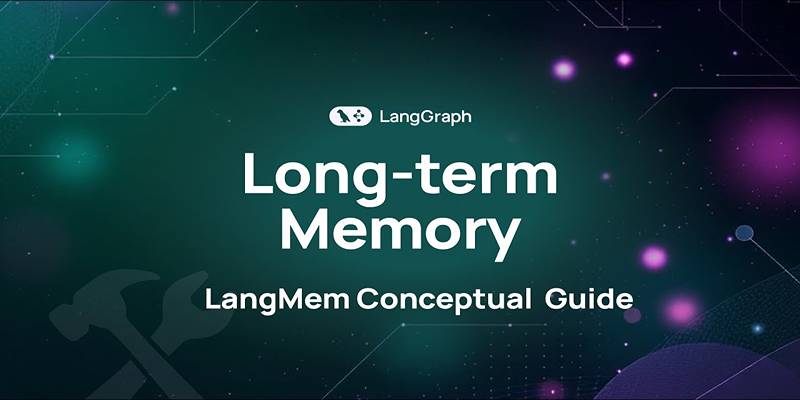AI agents are getting smarter and more useful every day. These tools are not just answering questions anymore — they are now doing tasks, writing code, researching topics, and even managing workflows. As we move into 2025, several AI agents are gaining attention for their impressive capabilities and ease of use. This post will explore the top 5 AI agents to watch in 2025. Whether you're a developer, a student, or just someone interested in the future of technology, these AI tools are worth knowing about.
What Are AI Agents?
AI agents differ from traditional AI models in that they don't just respond — they take action. These agents can plan tasks, use tools like web browsers or databases, and adapt their behavior based on real-time feedback. By combining natural language understanding with task execution, AI agents are moving closer to true digital autonomy.
Unlike single-purpose bots, AI agents in 2025 are designed to perform complex, multi-step actions with minimal supervision. They bring together reasoning capabilities, memory systems, and tool access to handle real-world challenges.
Why AI Agents Are Crucial in 2025
The growing demand for automation, smart assistance, and time-saving solutions has paved the way for AI agents to become a core part of personal and professional life. Developers, businesses, students, and even casual users are increasingly relying on intelligent agents to:
- Draft emails, generate reports, and manage schedules
- Analyze data and provide summaries or insights
- Debug code, build applications, and test software
- Search the internet, fact-check, and retrieve relevant data
AI agents are also expected to play a major role in sectors like education, law, finance, and healthcare.
Top 5 AI Agents to Look Out for in 2025
1. AutoGPT (by OpenAI)
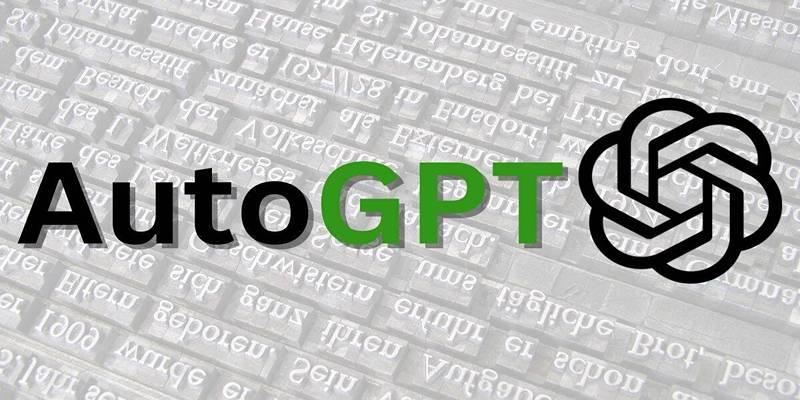
AutoGPT, a project built around OpenAI’s GPT-4 Turbo model, continues to be one of the most advanced autonomous agents available in 2025. It can execute long-form tasks by dividing them into smaller sub-goals and then solving them step by step.
It uses tools like:
- Web browser plugins
- File readers and writers
- Code execution environments
- Memory modules for persistent data
By interacting with multiple tools and external APIs, AutoGPT performs like a full assistant, capable of handling research, coding, marketing tasks, and more.
Key Highlights:
- Long-term memory enables continuous improvement
- Tool use lets it work across file types and systems
- Can run full projects with minimal supervision
AutoGPT is popular among startups and developers who want an agent that combines reliability with adaptability.
2. Devin (by Cognition)
Devin is an AI agent designed specifically for software development. Released by Cognition, Devin is not just a coding assistant—it is a full-stack AI software engineer.
It performs tasks such as:
- Writing and refactoring code
- Navigating GitHub repositories
- Debugging and testing apps
- Deploying full projects
Unlike other coding tools, Devin interacts with a developer environment and uses command-line tools, making it the first AI agent capable of end-to-end engineering workflows.
Standout Features:
- Can take technical job instructions and deliver working code
- Operates autonomously or in collaboration with human developers
- Learns and adapts from each interaction
Devin is being tested on real-world platforms, proving that AI agents can now do more than generate snippets—they can manage entire projects.
3. LLaMA Agents (by Meta)
Meta's AI division has introduced LLaMA-powered agents, using the open-source LLaMA 3 model to power flexible, on-device AI. These agents are built for privacy-conscious and application-specific environments, where local decision-making and lightweight execution are important.
LLaMA agents are particularly relevant for:
- Integrating into smart devices or enterprise tools
- Research environments where privacy is critical
- Custom assistant development
Benefits of LLaMA Agents:
- Fully open-source, ideal for developers
- Can be deployed offline or on secure systems
- Supported by Meta's growing agent ecosystem
By prioritizing openness and modularity, Meta is enabling anyone to build and deploy intelligent agents for real-world applications.
4. Hugging Face Transformers Agents

Hugging Face is already a household name among AI researchers, and its new Transformers Agents bring the power of language models to task execution. These agents can combine NLP, vision, and audio models into workflows that solve complex problems.
Developers use these agents to:
- Create voice-based assistants
- Generate image captions and search content
- Analyze and extract data from documents
The agent architecture supports tools like:
- Whisper (speech recognition)
- Stable Diffusion (image generation)
- Transformers for classification and summarization
Key Points:
- Built on open tools with API integration
- Easy to customize and extend
- Great for academic and enterprise research
Hugging Face’s agents are especially useful in research settings where flexibility and reproducibility are key.
5. AgentVerse (by LangChain)
LangChain’s AgentVerse is a platform to design and test multi-agent systems. Instead of using one agent for everything, AgentVerse allows developers to create several specialized agents that collaborate to complete tasks.
Use cases include:
- AI research papers generation
- Task delegation across multiple roles
- Complex applications that need logic, memory, and data access
Why AgentVerse is Different:
- Each agent can take on a unique role (e.g., planner, coder, writer)
- Agents can communicate and plan together
- Built for scale and collaboration
AgentVerse is suited for developers and AI researchers who are pushing the limits of what's possible with autonomous systems.
Conclusion
The rise of AI agents is one of the most exciting developments in technology today. The five agents mentioned—AutoGPT, Devin, LLaMA Agents, Hugging Face Transformers Agents, and AgentVerse—represent the cutting edge of what artificial intelligence can do in 2025. Each brings unique strengths to the table, whether it's writing code, creating multi-modal content, or planning multi-agent collaborations. As these tools continue to evolve, they will play an even bigger role in transforming how people work, learn, and create. For anyone interested in the future of AI, keeping a close watch on these 5 agents is not just smart—it’s essential.


